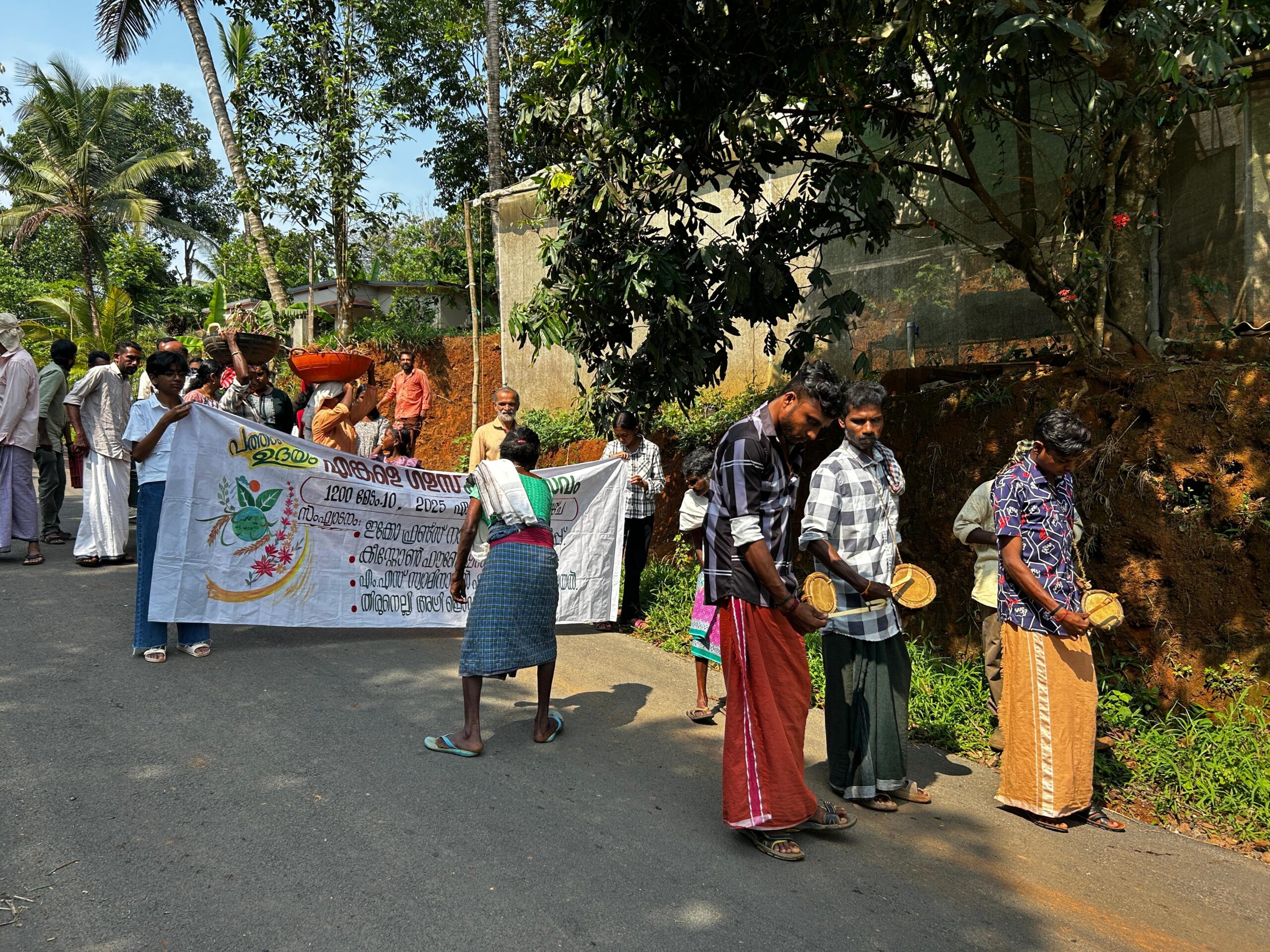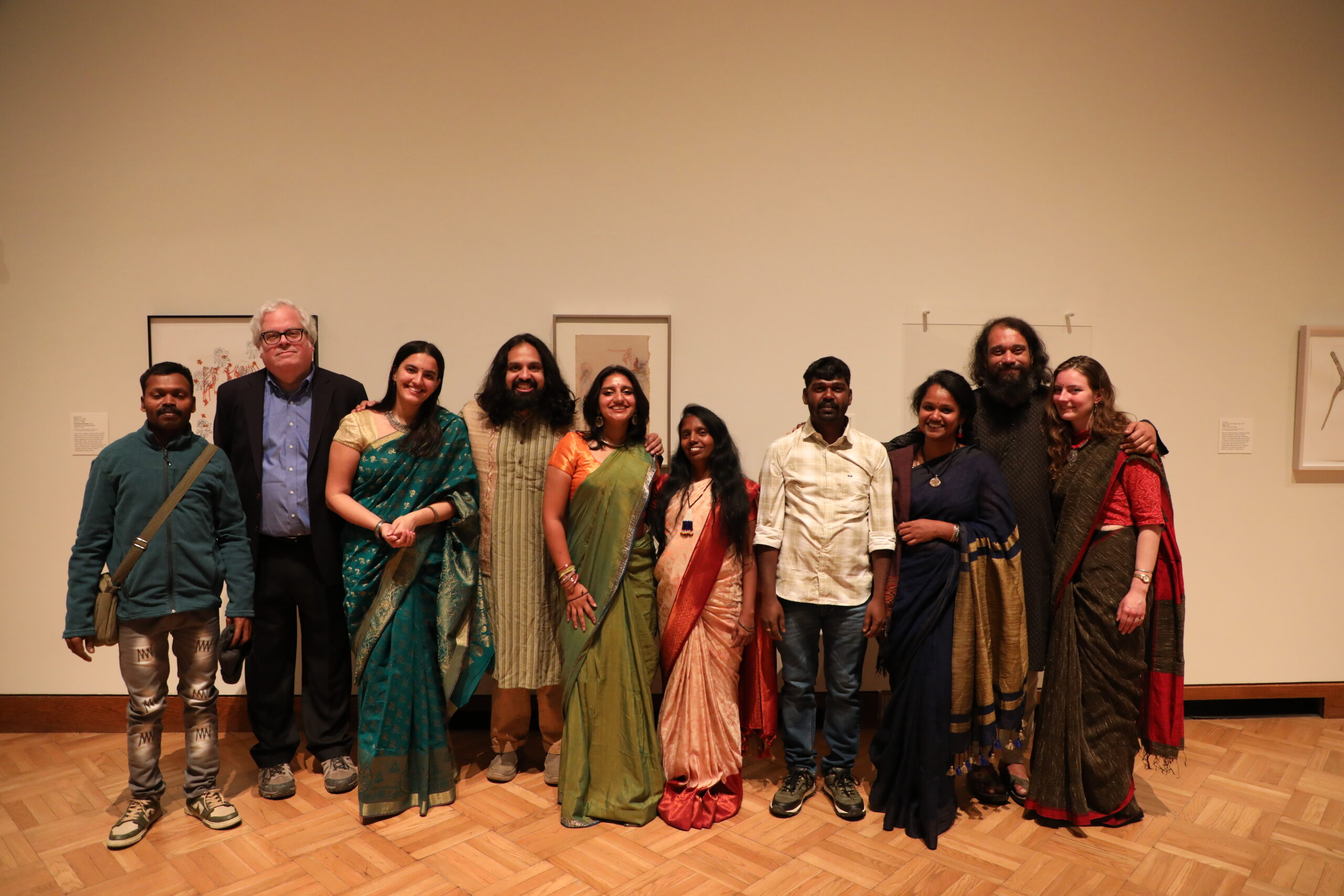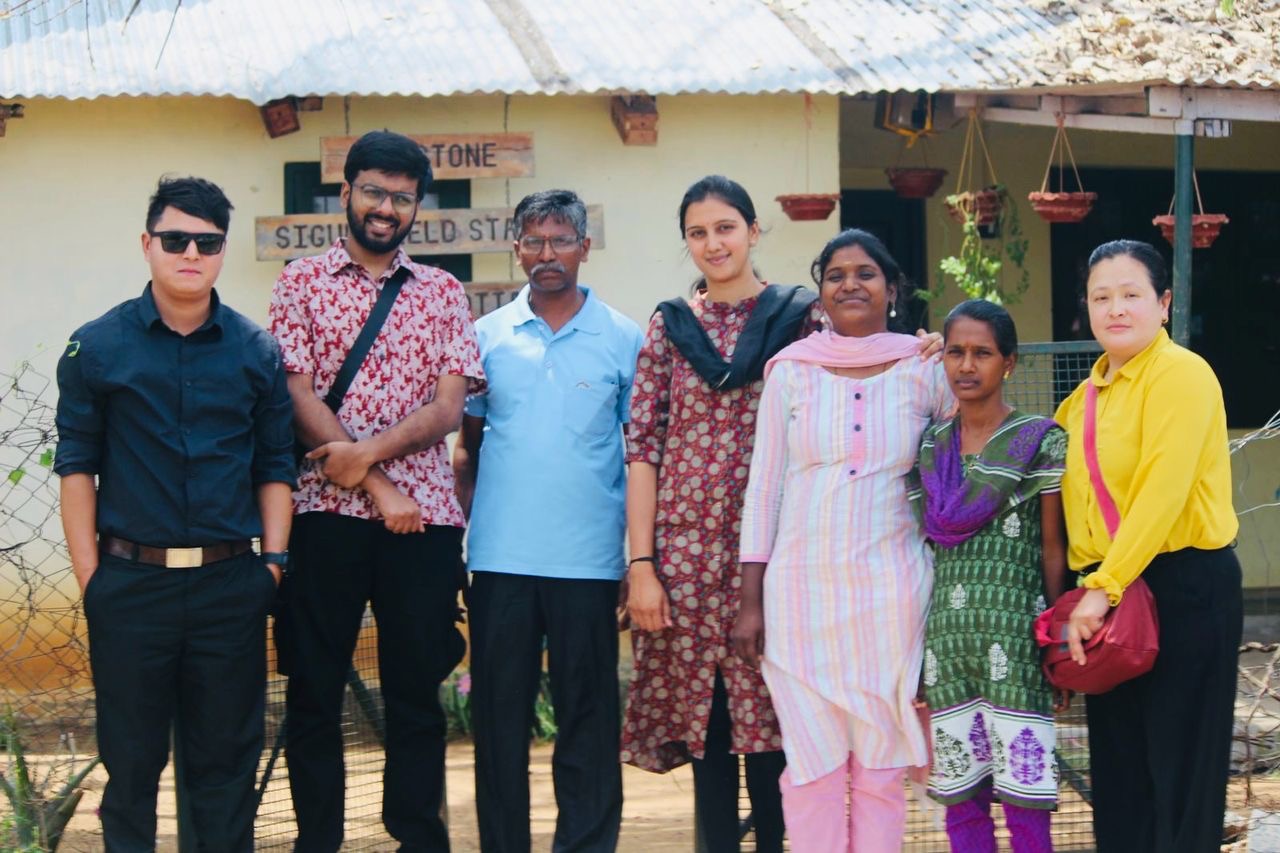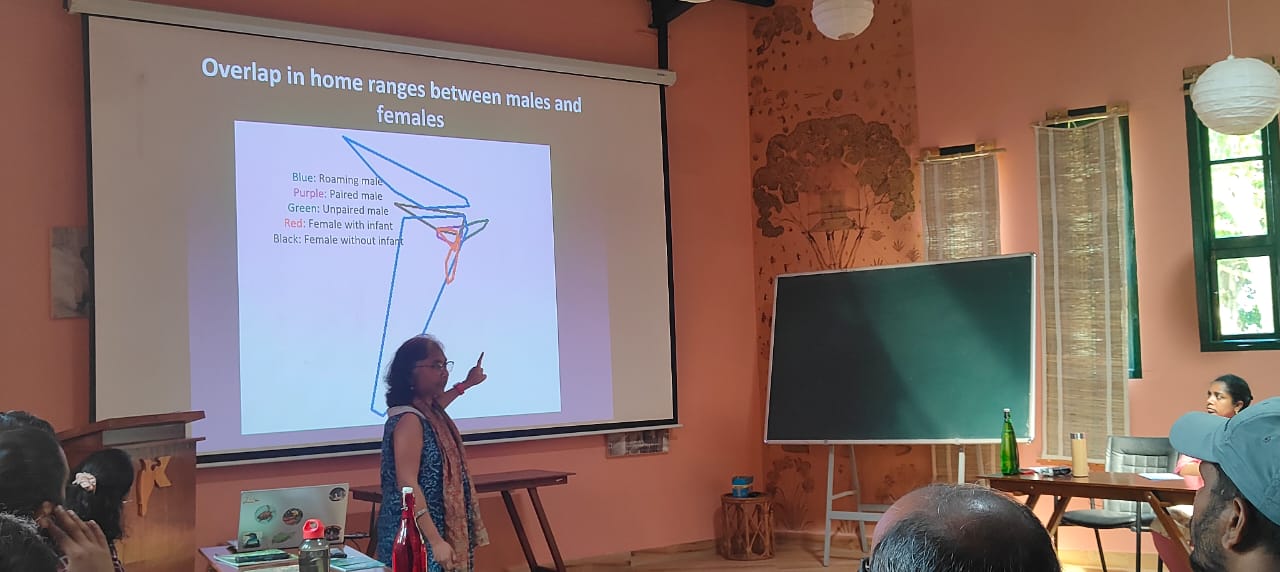The social development sector is a highly complex sector involving many complex entities and actors such as the union/state governments and their departments, political parties, self-help groups, community organizations/members, and NGOs like us each having their agendas and objectives. In the end of each entity may strive to make sure that the resources reach its disposal so that the benefits reach the target groups, the benefits can be social or ecological. India being a developing country with huge challenges in both the social and ecological sector these diverse entities should work together to achieve shared goals. On the 28thof June, the Keystone office at Nilambur was part of one such endeavour.
Ever since the start of the pandemic began, online classes have become a norm, which has led to a digital divide among students which has resulted in a lot of students not being able to access education through online classes due to the non-availability of digital devices such as tablets laptops and televisions. Also, many students from marginalized backgrounds, are not receiving any additional study materials such as notebooks and stationery, which were earlier provided by student hostels and schools. Students from marginalized communities such as Adivasi, Dalit-Bahujan are the children who suffer most from this digital divide.

What I witnessed in Nalucent Colony in Chaliyar Grama Panchayat was one such collaborative initiative that aimed to mitigate the digital divide, for online classes where the television was provided in the learning centre by the opposition party, the notebooks for students were sourced by Kudumbashree an initiative supported by the State government, Keystone handled the logistics that made the transportation and distribution of the notebooks to the centre possible, with the support of the local panchayat member, where we distributed note about 55 notebooks to about 20 students in the village, with students from classes 2-8 getting two each and student studying in classes 9 to 12 receiving 3 each. Also, another thing we observed that, since the online classes were difficult for students to grasp especially when the students were first-generation learners with parents having barely any formal education to teach them, many young girls from the student community who completed their class 12th volunteered to teach the children, while the online classes were going on.
The one takeaway from this initiative is that even though each player in the development sector may have different objectives it is important to collaborate on common goals such as community wellbeing as the world needs cooperation and humanity over the competition, to face the challenges of the 21st Century.
By Rajat and Faseela


















